Are you aware of binge drinking symptoms? Recognizing them is the first step in understanding and addressing the potential dangers of binge drinking.
Do you find yourself regularly consuming excessive amounts of alcohol in a short period?
Do you tend to lose control over your drinking and engage in risky behavior after consuming too much alcohol? If so, you may be suffering from a binge drinking disorder.
This behavior pattern is prevalent among young adults, college students, and anyone looking to let loose and have a good time. However, the dangers of binge drinking can have severe long-term effects on your physical and mental health.
Related The Illusion Of Willpower: Why Cant You Just Quit Alcohol
So, what does binge drinking mean, exactly?
Binge drinking is defined as consuming enough alcohol to reach a blood alcohol concentration (BAC) level of 0.08 g/dL or higher.
This is a type of alcohol use disorder that involves consuming large amounts of alcohol in a short period, leading to harmful consequences.
For most people, this occurs after consuming four or more drinks for women and five or more drinks for men within two hours.
It’s essential to note that even a single episode of binge drinking can be harmful, especially if you’re engaging in high-risk behaviors.
Binge Drinking Symptoms
Binge drinking symptoms are characterized by various behaviors that indicate a binge drinking problem. These binge drinking symptoms include
- Drinking to the point of blackout or memory loss
- Inability to stop drinking once started
- Neglecting responsibilities such as work or school
- Engaging in risky behavior such as drunk driving or unprotected sex
- Increasing tolerance to alcohol
- Experiencing withdrawal symptoms when attempting to quit or cut back
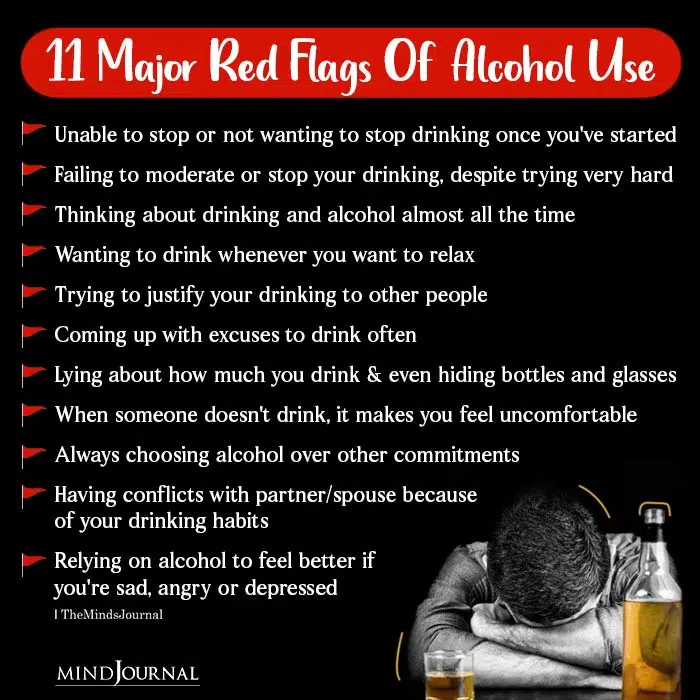
Related 5 Warning Signs Your Teenager Is Using Drugs
Probable Causes Of Binge Drinking
1. Peer pressure:
Peer pressure can be a significant factor in the development of binge drinking habits. When individuals feel social pressure to drink excessively, they may engage in behaviors they wouldn’t normally do on their own, such as consuming large amounts of alcohol quickly.
2. Stress:
Stress is another contributing factor to binge drinking. Many individuals turn to alcohol as a way to cope with stress or negative emotions. Unfortunately, this can quickly turn into a pattern of binge drinking, leading to harmful consequences.
3. Easy access to alcohol:
Easy access to alcohol can also contribute to the development of binge drinking habits. When alcohol is readily available, individuals may be more likely to consume large amounts in a short period, leading to the onset of drunkenness.
4. Genetic predisposition:
Some individuals may have a genetic predisposition to alcoholism, making them more susceptible to developing binge drinking disorder. When there is a family history of alcohol abuse or addiction, individuals may be more likely to develop these issues themselves.
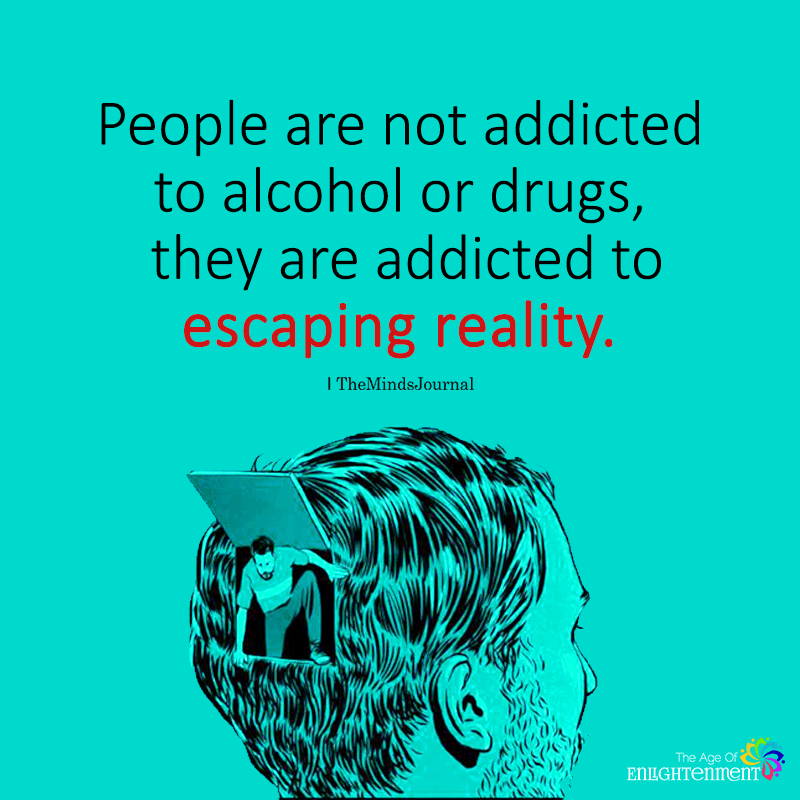
5. Mental health issues:
Mental health issues, such as depression or anxiety, can also contribute to the development of binge drinking. When individuals struggle with mental health issues, they may turn to alcohol as a way to cope, leading to the onset of binge drinking behaviors.
It’s essential to understand that these causes are often interrelated and can vary from person to person. For example, an individual may experience stress and have easy access to alcohol, leading to binge drinking habits.
In contrast, another person may have a genetic predisposition to alcoholism that’s exacerbated by peer pressure. Understanding the causes of binge drinking is an essential step in seeking help and overcoming this issue.
Related Cutting Down On Alcohol: 4 Steps To Curb Your Drinking
Dangers Of Binge Drinking: The Devastating Effects On Your Health And Well-Being
The consequences of binge drinking can be severe and long-lasting, both physically and mentally.
Short-Term Effects Of Binge Drinking:
Binge drinking can cause several short-term effects, such as nausea, vomiting, and hangovers. These symptoms can make individuals feel uncomfortable and unwell.
But they usually dissipate after a few hours or days. However, in severe cases, binge drinking can lead to alcohol poisoning, which can be life-threatening.
Long Term Effects Of Binge Drinking
The long term effects of binge drinking are even more severe and can include liver disease, brain damage, and an increased risk of certain types of cancer. Over time, binge drinking can cause significant damage to the liver, leading to conditions such as cirrhosis and hepatitis.
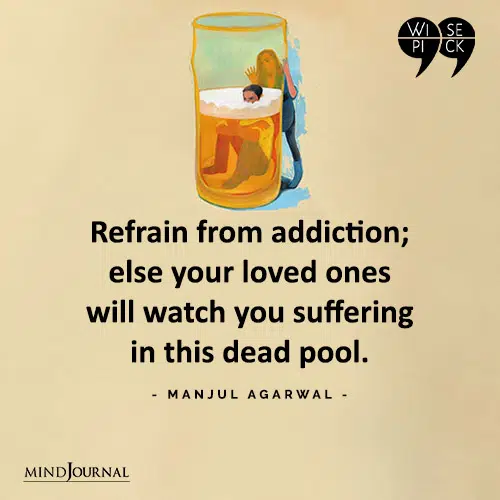
Brain damage can also occur, leading to issues such as memory loss and cognitive impairment. Additionally, research has shown that binge drinking can increase the risk of developing certain types of cancer, such as breast, liver, and colon cancer.
It’s essential to understand the long-term consequences of binge drinking, as they can have a significant impact on an individual’s overall health and well-being.
Regular binge drinking can lead to a range of physical and mental health problems, including alcohol dependence, depression, and anxiety.
By understanding the consequences of binge drinking, individuals can make more informed decisions about their alcohol consumption and seek help if they are struggling with a binge drinking issue.
Related Why Can’t I Stop Overeating?
Effective Ways To Overcome Drinking Problems
Binge drinking problems can be challenging to overcome, but it’s essential to seek help if you’re struggling with this issue.
There are several probable ways to cure binge drinking, including therapy, support groups, and medication.
1. Cognitive-Behavioral Therapy (CBT)
CBT is a common treatment option for metho-mania (also known as drinking disorders) that helps you identify and change the negative thought patterns and behaviors that lead to binge drinking.
2. Support Groups
Such as Alcoholics Anonymous (AA), can also be beneficial for those looking to overcome drinking disorders. These groups provide a safe and supportive environment where you can share your experiences and receive guidance from others who have been through similar struggles.
3. Medications
In some cases, medication may be prescribed to help manage withdrawal symptoms and reduce cravings for alcohol. These medications can be prescribed by a doctor and are often used in combination with therapy or support groups.
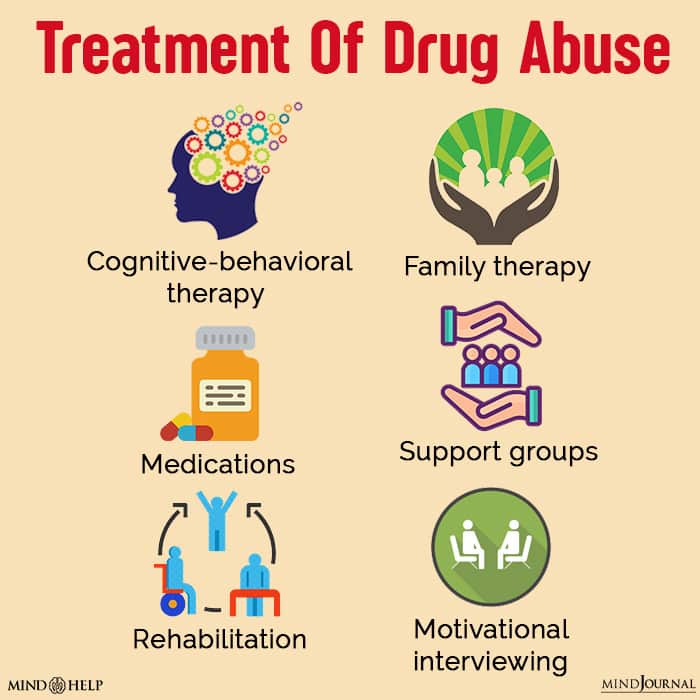
Related The Curse Of Binge Watching: Why “Netflix And Chill” Is Ruining Your Life
Binge drinking disorder is a severe problem that can have long-lasting consequences on your physical and mental health. It’s essential to recognize binge drinking symptoms and seek help if you’re struggling with this issue.
With the right treatment and support, overcoming dipsomania and living a healthy, fulfilling life is possible. Remember, you’re not alone, and there are resources available to help you overcome your binge drinking problem.
What does binge drinking mean?
Binge drinking refers to the act of consuming excessive amounts of alcohol within a short period, typically with the intention of getting drunk.
What are the dangers of binge drinking?
Binge drinking can lead to a range of short-term and long-term health consequences, including alcohol poisoning, liver disease, brain damage, and an increased risk of certain types of cancer. Additionally, binge drinking can lead to alcohol dependence, depression, and anxiety.
Is binge drinking considered alcoholism?
Binge drinking is not necessarily the same as alcoholism, but it can be a significant risk factor for developing alcohol dependence. Individuals who engage in regular binge drinking are at a higher risk of developing alcohol use disorder and should seek help if they are struggling with a binge drinking problem.
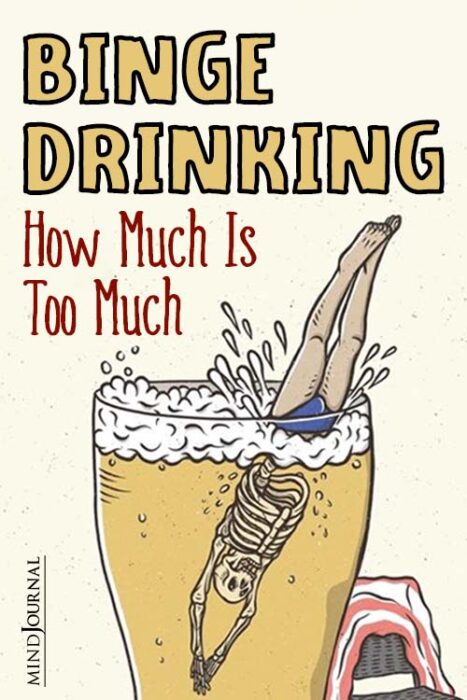
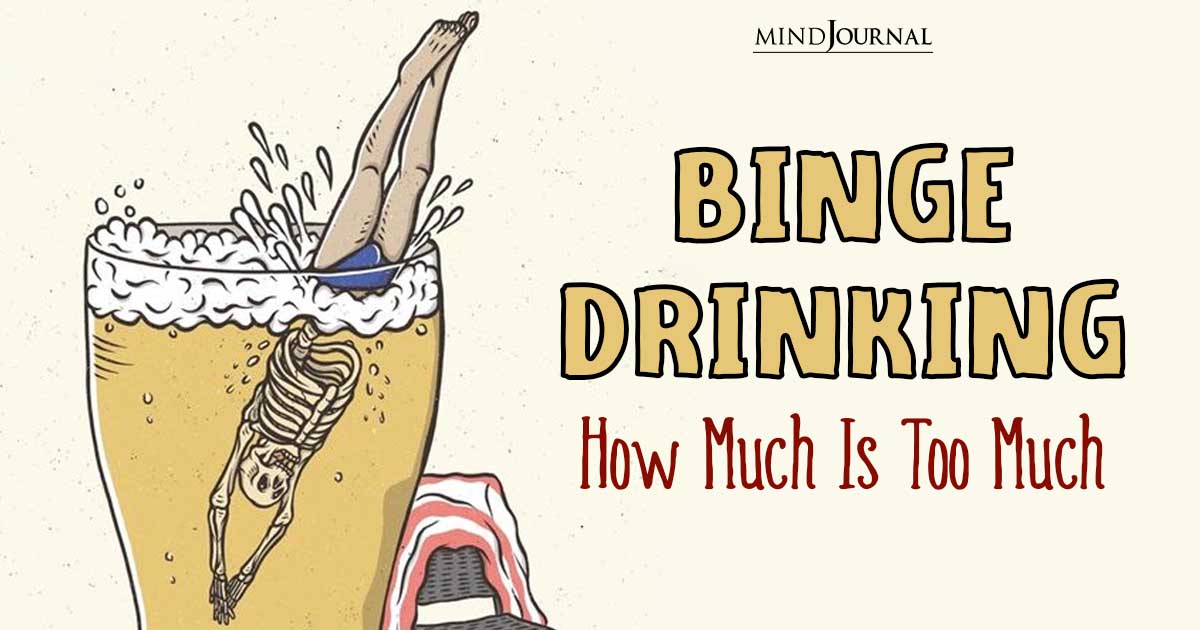
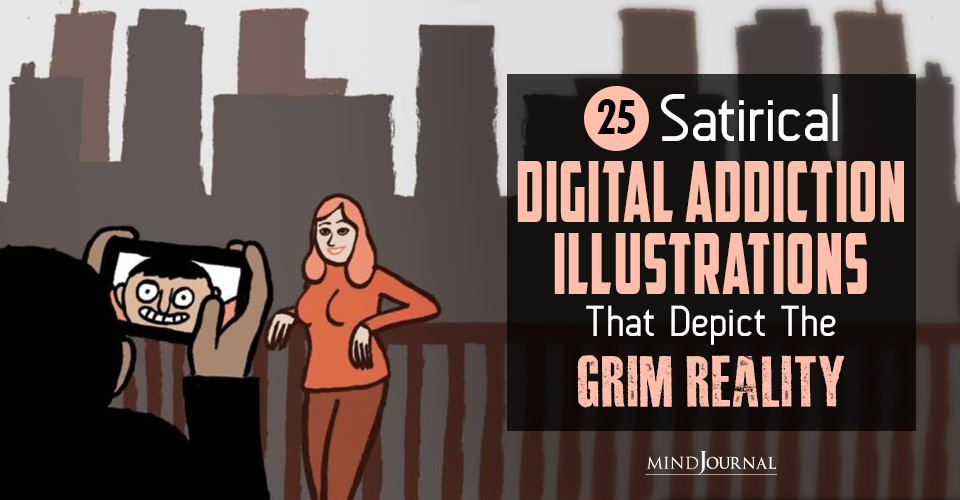
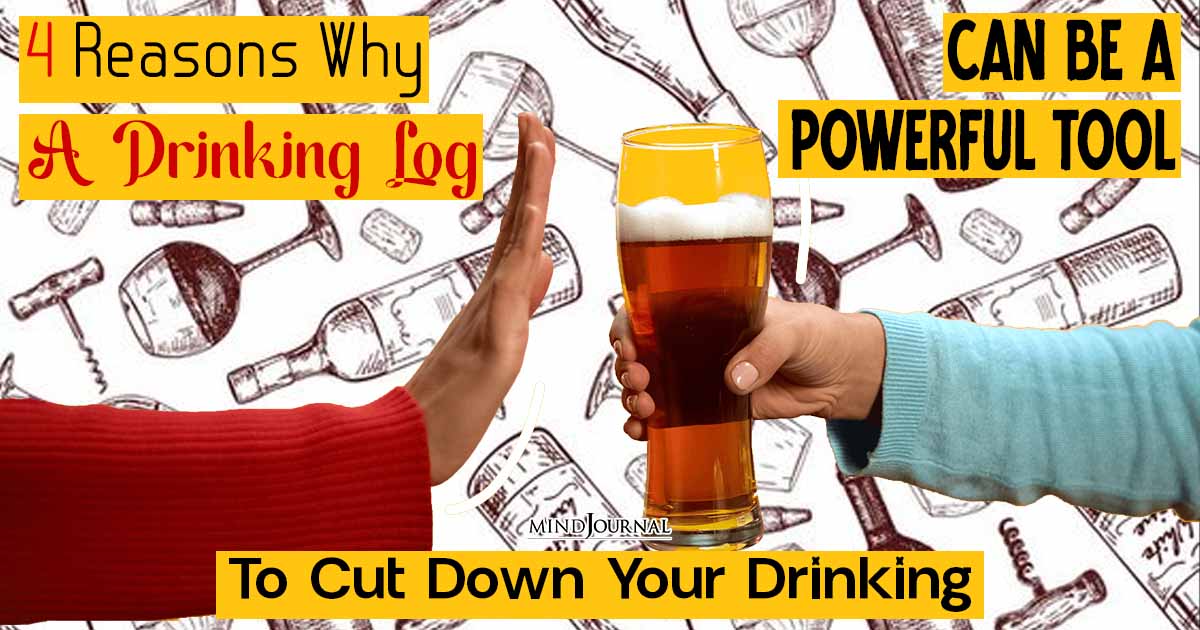
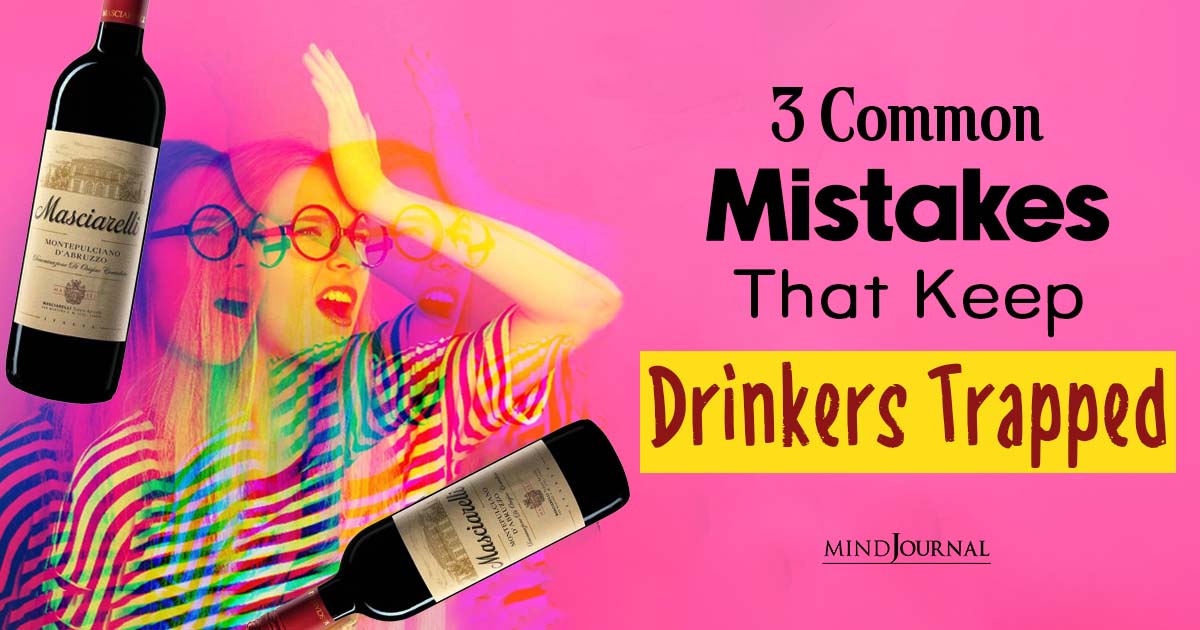
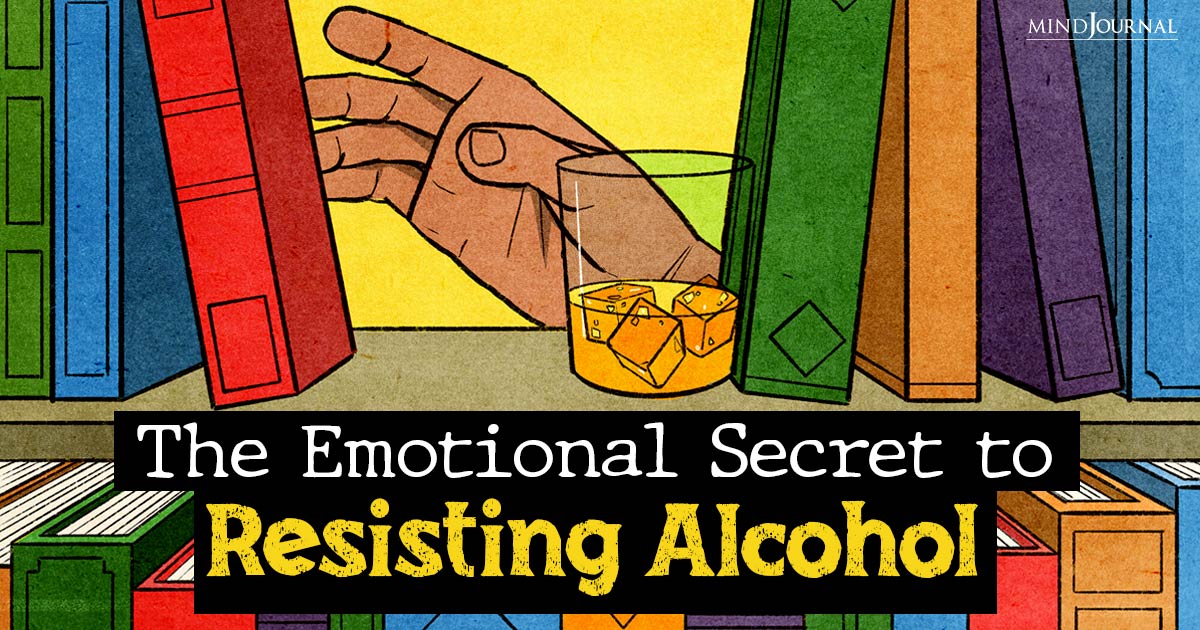
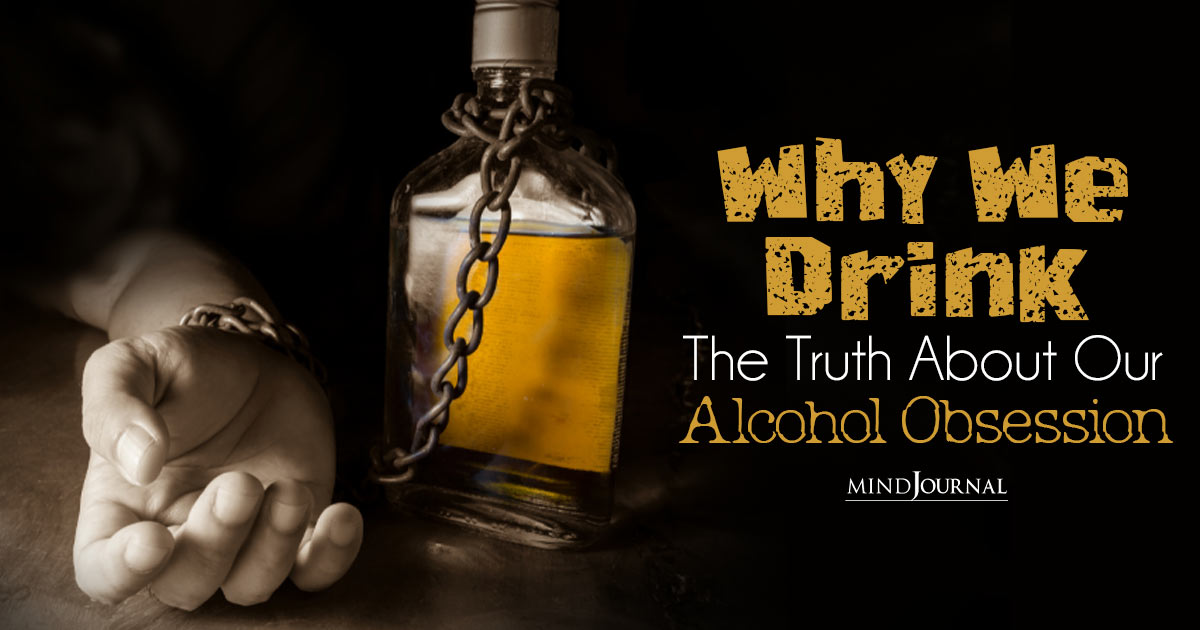
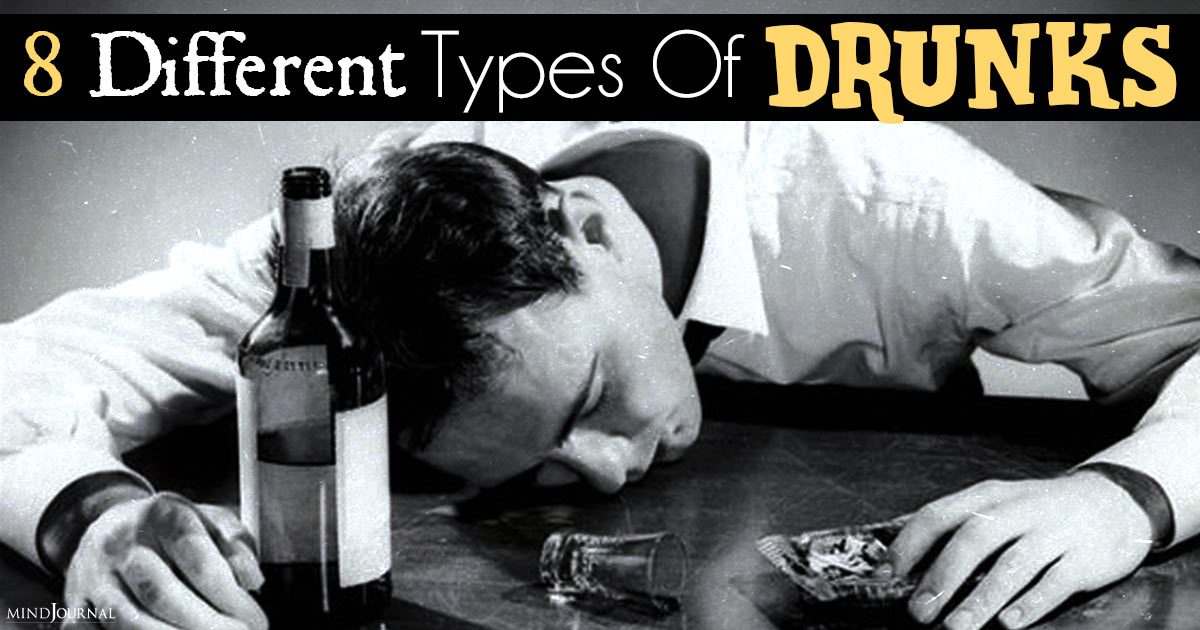
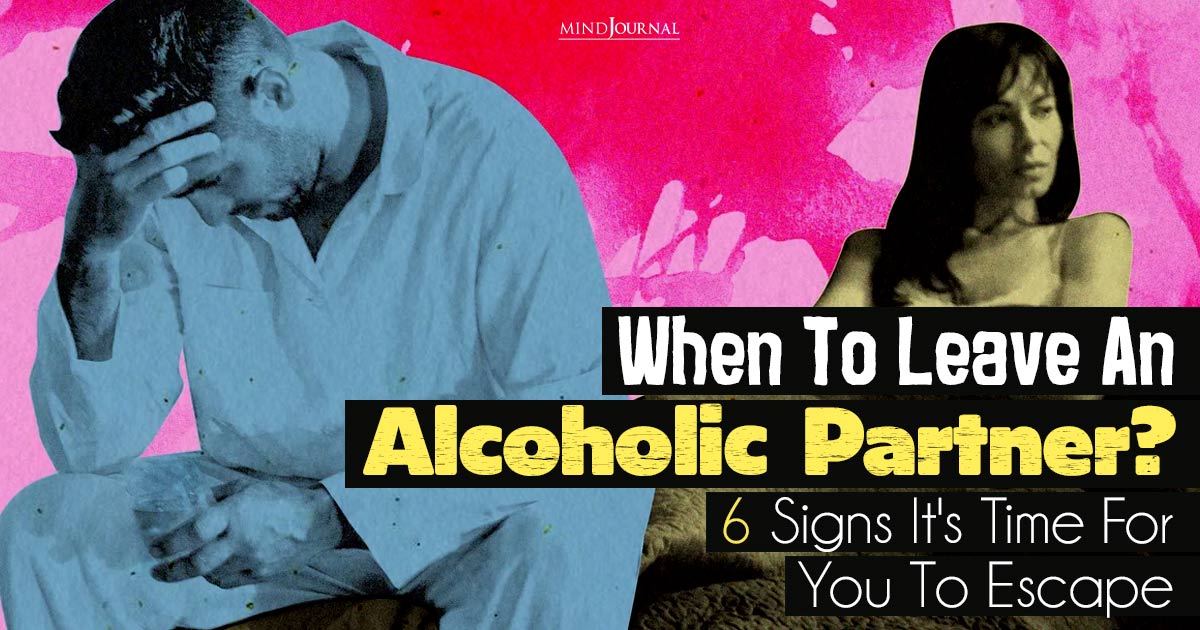
Leave a Reply
You must be logged in to post a comment.